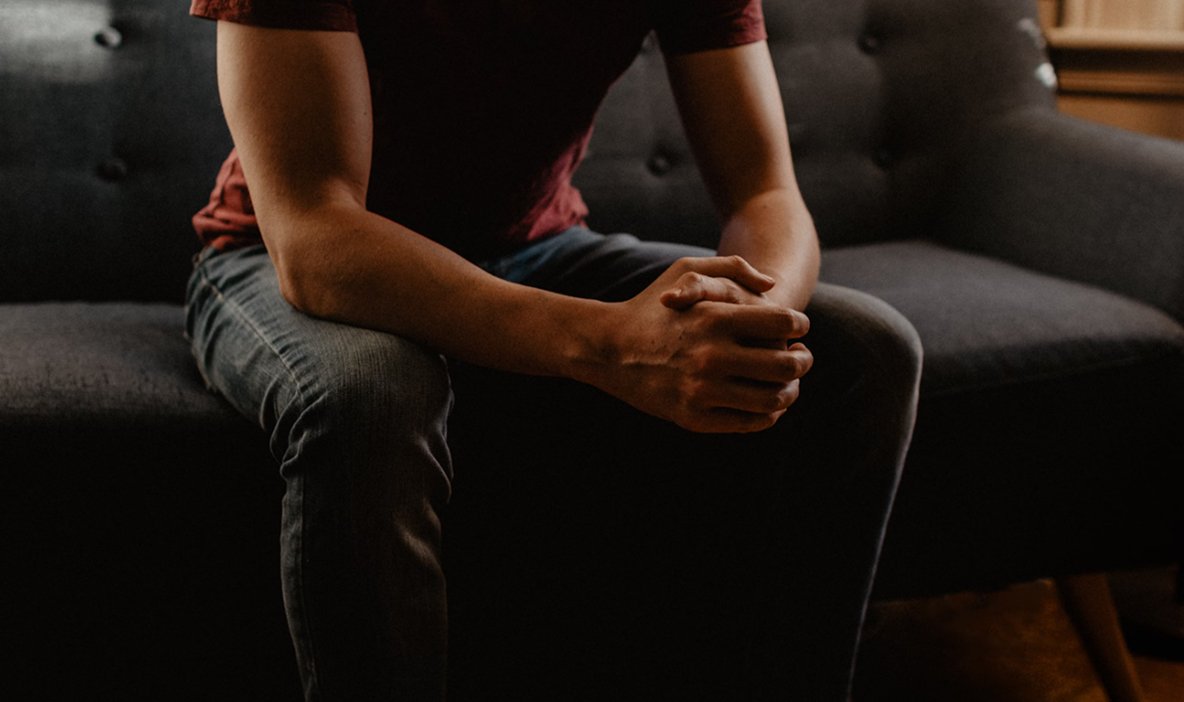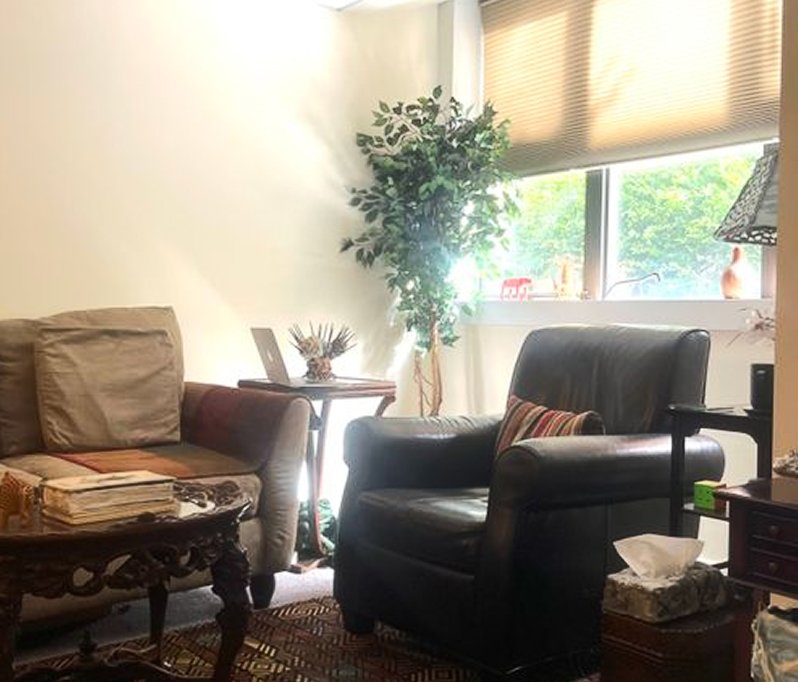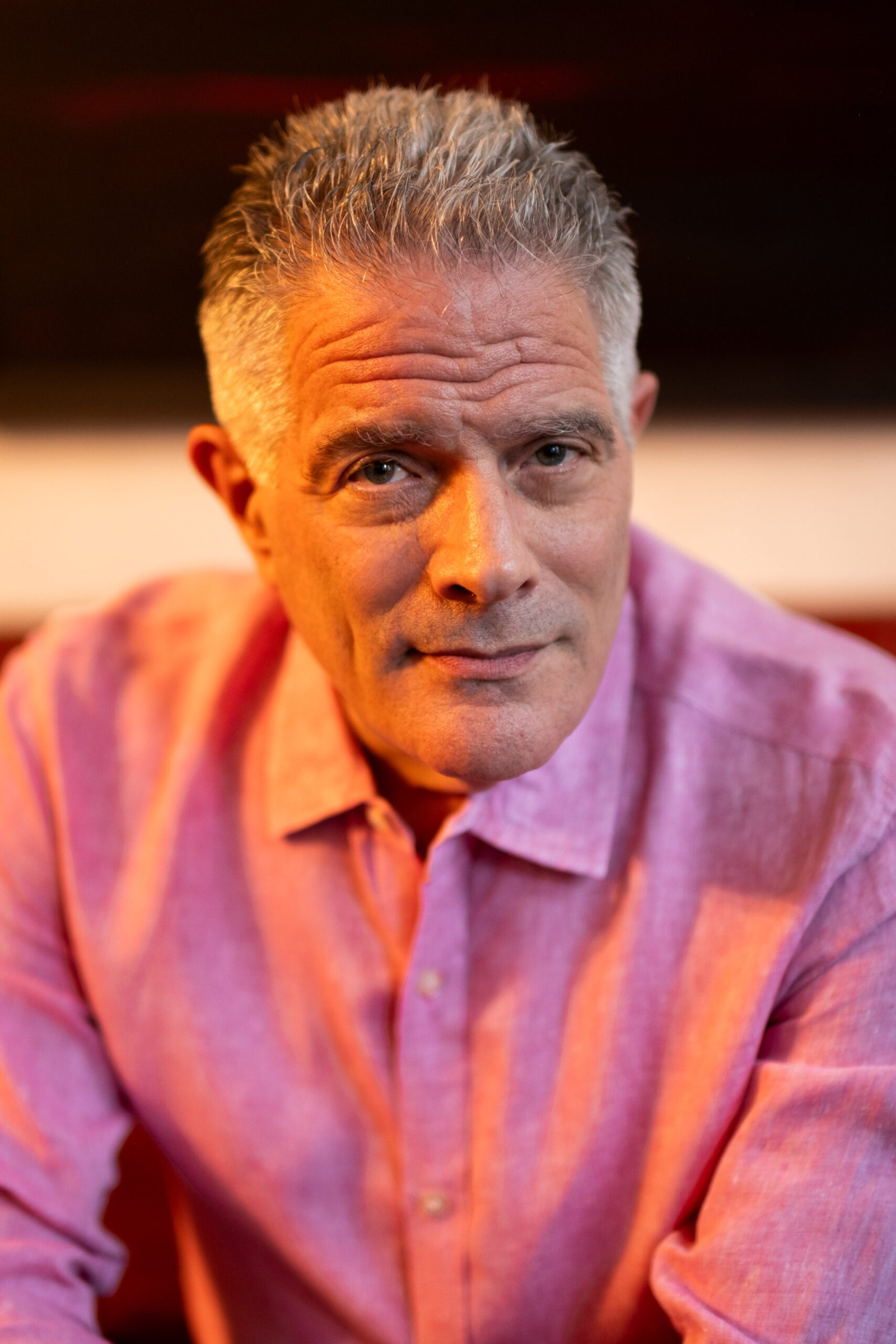
My Approach
My approach is grounded in contemporary psychoanalysis and shaped by my lived experience navigating high-pressure roles, major transitions, and cross-cultural environments. We go beneath the surface to uncover unconscious patterns and explore the stories you carry, fostering deep, sustainable change.
The aim is not to become someone else, but to become more yourself — to reconcile internal conflict and enable a greater sense of authenticity, creativity, and connection in your life.
“You don’t have to perform. Together we’ll explore who you really are—and the choices in life that open from there.”

How Change Happens
Change happens when we can bring understanding and compassion to the places we usually avoid or ignore. In therapy, we create a space where difficult emotions, memories, and vulnerabilities can be safely held and examined.
This process allows us to break free from repeating patterns and make choices that align more closely with our values, desires, and goals — fostering greater freedom, authenticity, and connection in our lives.
My Style is Flexible, but Grounded in Relational Psychoanalysis
A Deeper Exploration of What Lies Beneath the Surface
A Therapy Rooted in Relationship, Not Protocol
Attuned to Your Past, Responsive to Your Present
Authenticity, Empathy, and Real Engagement
From Coping to Choice
A safe space for
our work together
Whether we’re in the room together or meeting across the screen, this is a space where something begins to stir. Stories surface, old patterns loosen, and unexpected paths come into view—revealing more of who you are, and what might be possible


Questions Before We Begin
Do You Offer In-Person and Remote Sessions?
Yes. I offer both in-person sessions in New York City and remote sessions via secure video. Some people choose one or the other; others find a mix works best. We’ll decide what feels right for you—and it can shift over time.
What Happens in the First Session?
We talk about what brings you in—whatever you feel ready to share. There’s no pressure to have it all figured out, or to say the “right” thing. I’ll ask some gentle questions, and we’ll start getting a feel for the work and for each other.
How Do I Know If We’re a Good Fit?
Therapy depends on trust. If you feel heard, safe, and a little curious, that’s a good sign. The relationship between us matters—it’s something we’ll check in on, because how we relate can open new ways of connecting beyond the room too.
Can This Process Really Help Me?
Yes—but often slowly. Change tends to be subtle and gradual, until suddenly you notice something different: a reaction, a choice, a moment of relief. That noticing matters. Therapy helps you grow in ways that may be quiet at first, but deeply felt over time.
What If I Don’t Know What I Need Yet?
That’s okay. Many people start without clear goals. Our work can begin with that uncertainty and follow where it leads. Sometimes not knowing is the best place to start.
